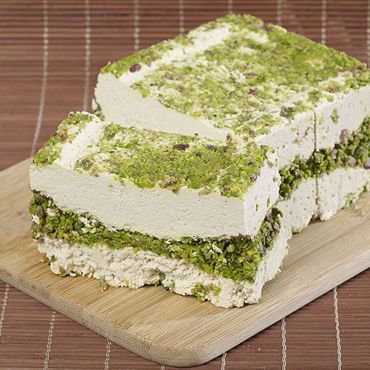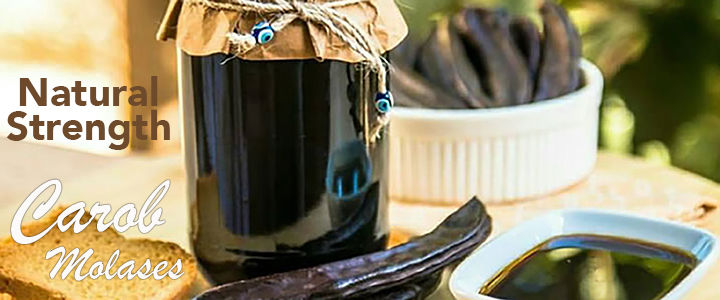English
You have no items in your shopping cart.
Bakkal's Bazaar Shop
UGURLU Cikopis Cikolatali Fistikli Pismaniye 200g
Pişmaniye (Turkish) or floss halva is a traditional sweet, prepared in Kocaeli, Turkey, made by flossing thin strands of halva into a light confection. Made primarily of wheat flour and sugar, the strands are continuously wrapped into a ball shape and then compressed. The result is a halva with a light consistency, similar to cotton candy. Floss halva can be found in regular and pistachio flavors, and there are brands with halal or kosher certifications. A similar pistachio-based version of floss halva is popular in North India. It tends to be slightly denser and is often referred to as patisa or sohan papdi. In Chinese cuisine, a floss-like candy similar to pismaniye or pashmak halva, known as dragon beard candy, is eaten as a snack or dessert.
$6.99
VINTAGE Premium Turkish Pistachios Roasted & Salted per lb.
Turkey is known as the third-largest country for pistachio production after Iran and the United States of America. Turkey on average, produces 13% of world pistachio production. Because of the suitable climate in Anatolia, most of the Turkish pistachio trees grow in this region. However, various types of pistachio trees are found in different parts of the country, such as the Mediterranean, Aegean coastal lines. Almost 56 provinces in Turkey produce pistachios. There are only five popular provinces as the main Turkish pistachio suppliers, namely, Gaziantep, Sanliurfa, Adiyaman, Kahramanmaras, and Siirt. Generally, pistachios are gathered in the late summer months and can be consumed all year round.
$19.99
Walnut Raisin Sausage (Cevizli Sucuk) 100g
Sausage with grape molasses, which is among the ancient flavors of Anatolia, continues to be produced in accordance with traditional methods. You can consume walnut and molasses sausage as a snack and use it to decorate your milk desserts. Molasses and walnut sausage, where the flavors of molasses and walnuts are combined with patience, is produced from molasses and fresh walnuts that are boiled almost everywhere in Anatolia in autumn. You will love it when you try the walnut sausage, which is obtained by dipping the walnuts on the ropes into the boiled molasses and then hanging and drying.
$2.49
HAZERBABA Assorted Turkish Delight in Wooden Box 227g
Turkish delight or lokum is a family of confections based on a gel of starch and sugar. Premium varieties consist largely of chopped dates, pistachios, hazelnuts or walnuts bound by the gel; traditional varieties are often flavored with rosewater, mastic, Bergamot orange, or lemon.
$12.99
TOWEL CHIC %100 Cotton Beach & Bath Towel
100% natural Turkish cotton, boasting beautiful colors and subtle lines finished with hand-woven tassels. Lightweight, ultra-thin and flat-woven; compact enough for everyday travel, highly absorbent, and quick to dry which helps prevent mildew. Rectangular in shape; measures 39" x 71" (up to 20% larger than a traditional bath towel) and only weighs 0.6 lbs Characteristics: Pre-washed; Machine washable; unisex. Most common uses: Bath towel, beach towel, yoga towel, spa towel, bachelorette party, screen on the green, chic table overlay, baby throw blanket, shawl for the fall; and so much more! Other common references: Bath sheet, pestemal, peshtemal, hammam towel.
$39.99
VINTAGE Turkish Walnuts per lb.
Walnut production, which dates back to ancient times, is used in alternative medicine. It meets 85% of the omega-3 fatty acid the body needs. The walnut tree, which is a complete source of healing from its tree to its leaf; It is used in furniture making thanks to its thick body. In our country, it is often grown in the Aegean, Southeastern Anatolia and Black Sea Regions. Walnuts are rich in folic acid, vitamin E, iron, phosphorus, magnesium, potassium, zinc and omega-3 fatty acids. It has been revealed as a result of researches that memory-strengthening walnuts are good for many diseases from heart to eye diseases when they are kept in water with their shells the night before and consumed regularly from the next day.
$10.99
.gif)

















































.jpeg)